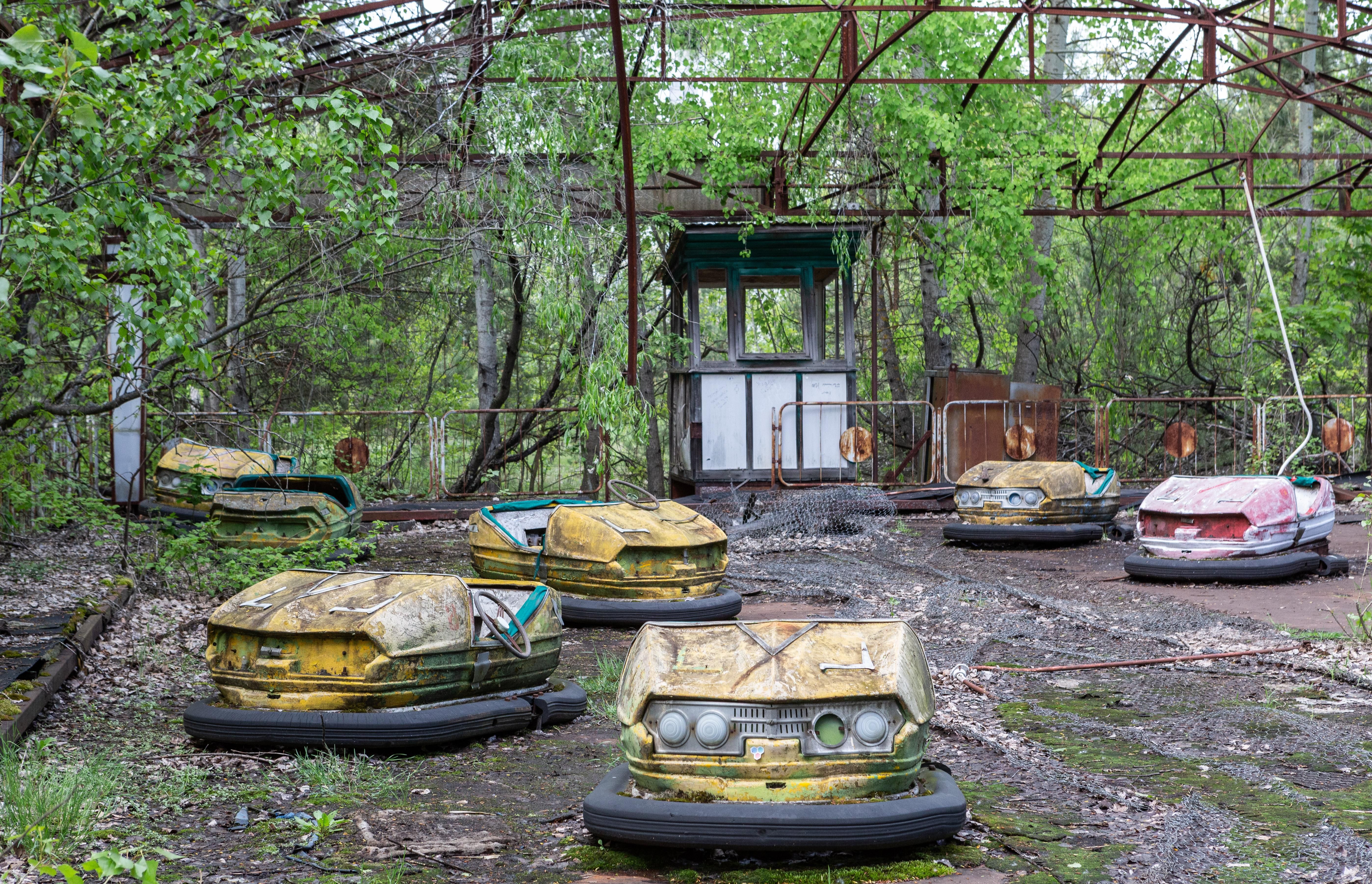
The United Nations' top nuclear official this week warned about the "very alarming" military activity surrounding the Zaporizhzhia nuclear facility just across the Dnipro River from the southern city of Nikopol. Russian forces seized control of the site—the largest nuclear plant in Europe—in March and are accused of using it as a shield and a base to launch rocket attacks.
Rafael Grossi, head of the International Atomic Energy Agency, last week called the situation "completely out of control" and is now urging both Ukraine and Russia to halt any fighting near the facility that has "even the smallest potential to jeopardize nuclear safety."
Indeed, the continued fighting and shelling surrounding Zaporizhzhia risks sparking a nuclear disaster that could impact thousands of Ukrainians and Russians through displacement and radiation dangers that will have health impacts for years or decades to come.
Ukraine and Russia must reach an agreement now that permits international inspectors onto the site to ensure its stability and security, and, ideally, creates a "safe zone" around the perimeter to prevent attacks that come close to the reactors or their safety systems.
Instead of focusing on who is to blame for creating this dire situation, Ukraine, Russia, and the international community need to work together to figure out how to stem the danger of a strike on the plant or its supporting safety systems. So long as this war continues, risks of catastrophic actions, accidents, and escalations will remain, and will threaten people on both sides of the war's continually shifting lines between Russia and Ukraine.
This crisis further underscores the vital importance of diplomacy —even, and perhaps especially, at a time of intense fighting in Ukraine. The United States will play a central role in any eventual peace settlement, and bringing about such an agreement should be a top priority for U.S. officials.
The alternative is the continuation of a lengthy, volatile war that risks additional, massive suffering and possible escalation into a direct U.S.-Russia or NATO-Russia conflict, with all the dangers that entails.
This content originally appeared on Common Dreams - Breaking News & Views for the Progressive Community and was authored by William Hartung.